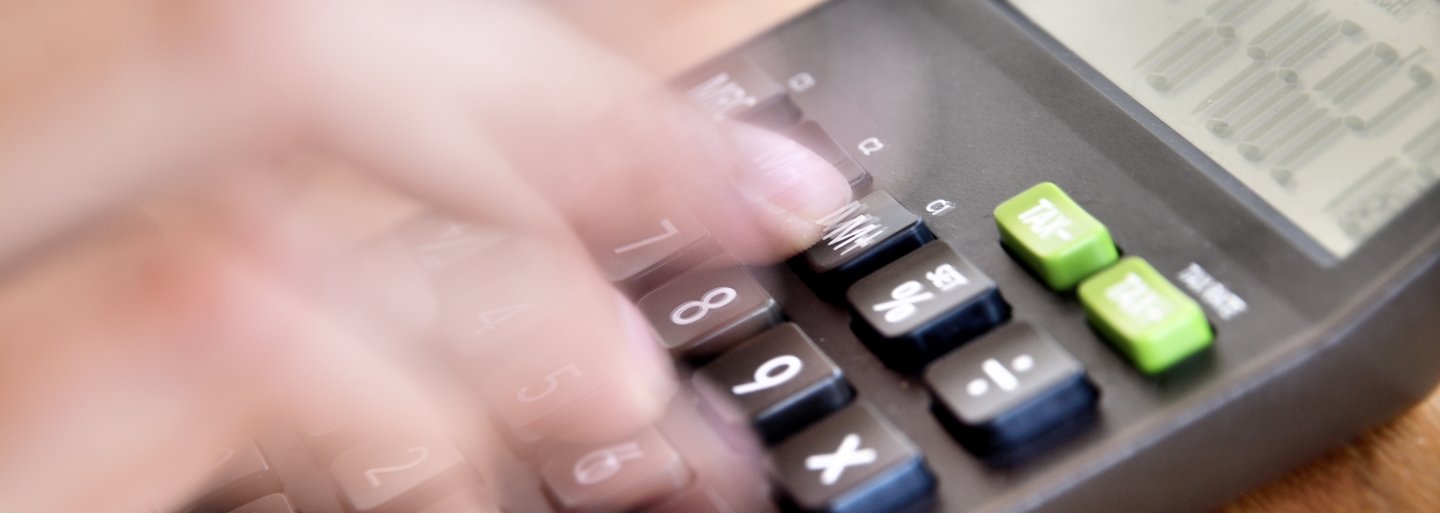
The deductibility of the VAT content of incoming invoices has long been a source of consternation both for equity investors and for the holding companies heading up corporate groups. In a relaxation of the general ban on VAT deduction in these cases, the European Court of Justice (“ECJ”) has given ‘active’ holding companies a way around the restrictions. Meanwhile, other recent judgments by the Court have further expanded the opportunities for VAT deduction. Nevertheless, the ECJ’s decisions also show that it’s better to err on the side of caution.

According to the long-established rule under EU law, a holding company that merely acquires and holds equity interests is not entitled to reclaim the VAT charged on its costs associated with the acquisition and holding of those equity interests. This is especially problematic when the holding company has incurred substantial consulting or transaction charges, on which VAT has been charged, in connection with the acquisition of a company stake.
The ECJ expressed an important exception to this at a relatively early juncture. Specifically, if the holding company participates in the management of its subsidiary in a manner that goes beyond exercising its shareholder rights (making it an ‘active holding company’), it becomes entitled to deduct the VAT related to the shareholdings concerned. The ECJ’s more recent judgments, however, add some more dimensions to this situation.
What qualifies as participation?
For a long time it was uncertain what constitutes “participation in the management of a subsidiary”. In its decision passed recently in the ‘Marle case’, the ECJ significantly broadened the definition of this term. In the case in question, the holding company leased a property to its subsidiary, which used the building as the site of its manufacturing operations. The court also classified this letting as ‘management’ activity, which in itself entitles the holding company to reclaim the VAT related to the acquisition of the shares in the subsidiary.
It doesn’t even matter if the deal falls through
The above approach, which is already relatively relaxed, was loosened further by another ECJ decision in a case involving Ryanair. Here, Ryanair wanted to acquire another airline by making a public share purchase offer, and it also wanted to exercise the right to reclaim VAT on the related consulting fees. The airline argued that after closing the deal, it would provide management services to the target company. Competition-law obstacles eventually prevented Rynair from completing its acquisition of the target company, but it still wanted to deduct the VAT that had been charged. The company reasoned that it was not “responsible” for the fact that it was unable to commence the intended business activity (namely provision of the management service) due to the failure of the deal.
According to the ECJ, Ryanair is indeed entitled to recover the VAT related to the failed transaction, provided that the purpose of using the VATable services that it procured was to conduct the intended, but ultimately frustrated, economic activity. And this, in turn, paves the way for reclaiming the VAT incurred in M&A transactions that later fall through.
The amount doesn’t matter
The ECJ also looked at the question of whether the right to recover VAT is restricted if the value of the services provided by the holding company to its subsidiary is lower than the value of services invoiced to the holding company. The court’s position is that it does not necessarily run counter to business rationality if the value of the service provided by the holding falls short of the value of all the consulting and other expenses that are demanded by the holding. The reason for this, according to the ECJ, is that the costs associated with the acquisition should be treated as general costs, leading to potential profits in the form of both service income and holding income (divided, capital gain). The fact that neither the dividend nor the capital gains are subject to VAT, however, does not affect the right of VAT deduction.
Is this the land of plenty?
The ECJ does not, however, allow the unfettered recovery of input VAT, even in cases where the conditions described above are formally in place. First of all, the ECJ’s position is that VAT can be deducted in respect of such subsidiaries only to which the holding company genuinely provides VAT-able services. If it provides such services to some of its subsidiaries but not to others, then the holding company must split the input VAT using a “suitable method”, and can only exercise the right of deduction in relation to a proportionate part of the costs. An even more recent judgment by ECJ, brought in the case of C&D Foods, also gives reason to be cautious. In this decision, in addition to the factors described above, the ECJ also took into account the objective of the holding company’s decision to sell its stake in its subsidiary. The court found that in this particular case, a creditor of the company had “forced” the company to sell its holding to pay back the outstanding loan. The court ruled that the company sale in question took place in the interest of the creditor, and not the company, and accordingly the VAT associated with the transaction is not deductible. And finally, the ECJ makes it clear that the right to deduct VAT cannot be exercised if it results in tax avoidance. Put more simply: it isn’t a good solution for the holding company to provide its subsidiary with some kind of symbolic service that does not actually take place, but exists only on paper, purely so that it can reclaim the input VAT related to the shareholding.
So where do we stand now?
Far from clarifying things, the ECJ’s judgments often complicate matters further: after the decisions, it is hard to see clearly the precise circumstances under which an investor or a holding company is or is not entitled to deduct the VAT on its costs. For this reason, an individual assessment will, at all circumstances, be probably needed to decide whether a holding company can deduct input VAT on its expenses or not.




